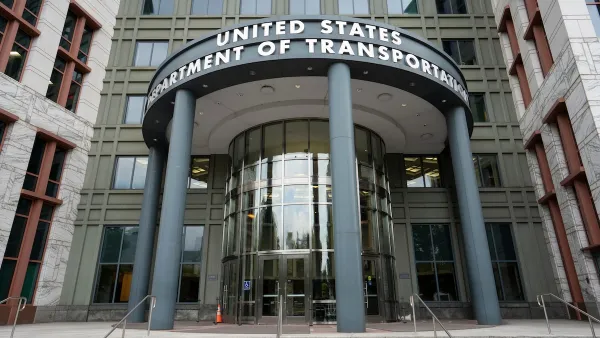We would do well to withhold our praise of another seemingly new composite index such as the Social Progress Index.
How do we know if a place is thriving? For decades now, Gross Domestic Product (GDP) has long been the metric used to answer that question. GDP (and its predecessor, Gross National Product, or GNP) were reasonably accurate proxies for measuring a nation’s ability to produce wealth for its citizens. Despite GDP’s success as a key (if not the key) indicator for society, policy makers have longed questioned the metric’s exclusionary focus on economic factors at the expense of other social elements. However, a new initiative called the Social Progress Index (SPI) claims to have created a new way of assessing our society beyond GDP.
SPI aims high. According to its creators, Michael Porter, Scott Stern, and Michael Green, SPI offers a “robust and holistic measurement framework for national social and environmental performance that can be used by leaders in government, business, and civil society to benchmark success and accelerate progress.” Its creators envision “a world in which social progress sits alongside GDP as a core benchmark for national performance,” and they view SPI as the main tool to “guide strategy for inclusive growth.” Celebrated by the likes of TED and the New York Times, SPI advocates have captured the prevailing zeitgeist surrounding our current anxieties about assessments. However, despite claiming to be the “first comprehensive framework for measuring social progress that is independent of GDP, and complementary to it,” the SPI’s methodology and underlying aspirations are not even that new. Rather, the SPI sits at the end of a much longer history of attempting to measure “social” concerns alongside economic metrics.
FULL STORY: The Social Progress Index and the Long History of Searching for the “Social”

Analysis: Cybertruck Fatality Rate Far Exceeds That of Ford Pinto
The Tesla Cybertruck was recalled seven times last year.

National Parks Layoffs Will Cause Communities to Lose Billions
Thousands of essential park workers were laid off this week, just before the busy spring break season.

Retro-silient?: America’s First “Eco-burb,” The Woodlands Turns 50
A master-planned community north of Houston offers lessons on green infrastructure and resilient design, but falls short of its founder’s lofty affordability and walkability goals.

Test News Post 1
This is a summary

Analysis: Cybertruck Fatality Rate Far Exceeds That of Ford Pinto
The Tesla Cybertruck was recalled seven times last year.

Test News Headline 46
Test for the image on the front page.
Urban Design for Planners 1: Software Tools
This six-course series explores essential urban design concepts using open source software and equips planners with the tools they need to participate fully in the urban design process.
Planning for Universal Design
Learn the tools for implementing Universal Design in planning regulations.
EMC Planning Group, Inc.
Planetizen
Planetizen
Mpact (formerly Rail~Volution)
Great Falls Development Authority, Inc.
HUDs Office of Policy Development and Research
NYU Wagner Graduate School of Public Service



























